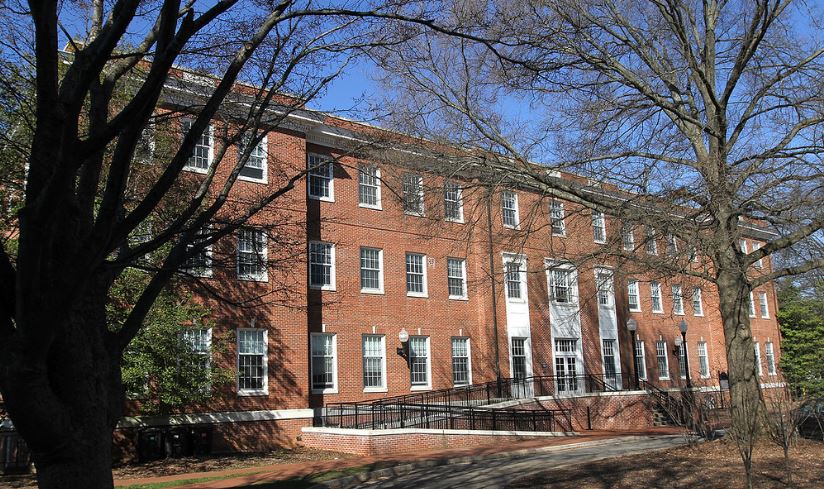The future of ASL at UMW
3 min read
umw.edu
By GABRIELA GARCIA
Staff Writer
The idea that the University of Mary Washington begin offering American Sign Language (ASL) courses through the Modern Language Department and have these courses count towards the Modern Language Requirement was mentioned during the University Faculty Committee meeting on February 28, 2018, however, it has not been made as a formal request at this time.
The National Institute of Deafness and Other Communication Disorders (NIDCD) defines American Sign Language as “a complete, complex language that employs signs made by moving the hands combined with facial expressions and postures of the body. It is the primary language of many North Americans who are deaf and is one of several communication options used by people who are deaf or hard-of-hearing.”
According to Ross E. Mitchell, who is a research scientist with the Gallaudet Research Institute at Gallaudet University, Approximately 2 million people in the United States cannot understand normal speech, and of this number, just under 500,000 comprise the deaf community. This does not include the hearing spouses of deaf adults, etc. ASL is a widely used language amongst more than just those who cannot hear and should be available for study with ease of access to those who wish to pursue it.
Currently, the University of Mary Washington website states the following: “Intermediate competency in a second language may be demonstrated by: (1) completion of 202 or higher in a language including ASL; (2) a score of 620 or higher on any language SAT II subject test; (3) a score of 4 or higher on any language AP Exam or on any Language and Literature AP Exam…”
However, Modern Language Department Chair and Spanish Professor, Betsy Lewis shared that the issue of ASL as a Modern Language has been brought up to before “I told the student who contacted me what the history of teaching ASL in the past was and some of the issues involved for example, whether we would be the best department to house it, or whether it would be better with English.” Lewis continued, “I also spoke to the ways students can currently satisfy the language requirement by transferring ASL from other institutions and the numbers of forms that I sign each semester, only 3 or 4.”
The Registrar site states: “Sign language courses transfer as elective credit only. Completion of ASL 202 (American Sign Language) does complete this requirement however UMW does not offer the course so it must be transferred in.”
Lewis explained that the process for having any new program approved at UMW, in addition to getting specific courses proposed and approved is a highly involved process.
“Who would be involved in that decision is also a big factor. I have not had a discussion about this with my department yet. Our next meeting is April 2nd,” Lewis said.
ASL is not the only course that has been fought for in the past.
“Motions such as these brought forward by the senate have been successful in the past. That’s where our Arabic and Chinese courses came from, it’s the same student interest that has made this successful in previous years. This is a process, and we’re just on the front end of it,” said Dean Rucker.
“We also need to look at all of the possibilities, for example, we may have someone able to teach ASL at the 100 level but not necessarily at the 200 level, and that’s what we need in order to begin offering it” explained Rucker.
Despite the difficulties offering ASL may take, the university is taking the actions that it can in order to explore the possibilities of offering ASL in the future.
“There really isn’t much to say on the matter, we’re just exploring the feasibility of it, talking with the appropriate people, etc…” said student and Director of Communications for the SGA Matthew Good.
Following the meeting on April 2 the university may be able to provide an update as to what direction it will take and what the next steps may be as far as introducing the language to the university.
A previous version of this article excluded the fact that there is an academic affairs committee as part of SGA. The committee started a petition, but they did not submit an official written request. The article has since been corrected.











